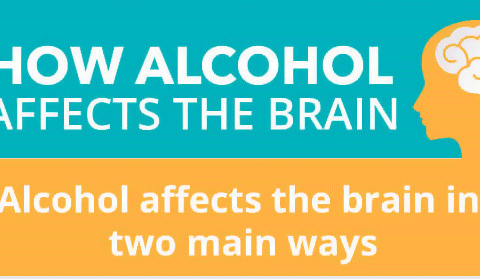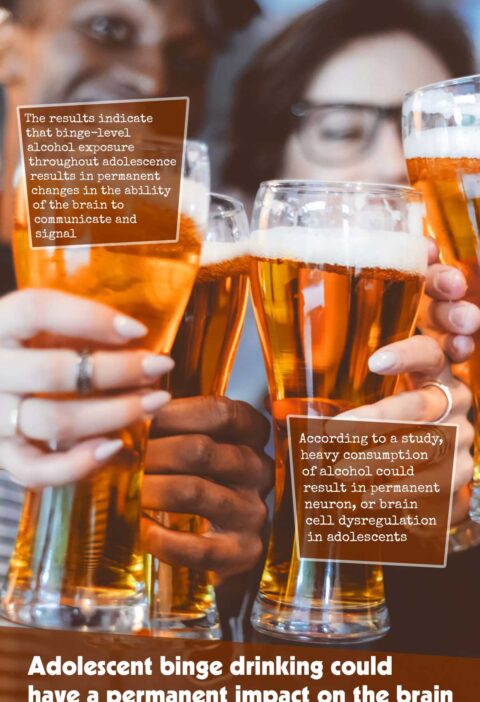Research has demonstrated that middle-aged smokers are at greater risk for experiencing confusion and memory loss compared to nonsmokers; cognitive decline is reduced for individuals who have recently quit.

Research examined the relationship between smoking and cognitive decline by conducting a one-question self-assessment questionnaire that asked individuals if they have experienced more frequent or worsening memory loss or confusion in recent times.
These results build upon previous studies which confirmed associations between smoking and Alzheimer’s. Furthermore, it provides further proof that quitting smoking not only has benefits for cardiovascular and respiratory health but also neurological well-being.
Researchers found a clear relationship between quitting smoking at 45 to 59 years of age and cognitive health benefits, suggesting quitting could provide cognitive health improvements at this stage of life. No such difference was detected for older age groups indicating earlier withdrawal could bring greater health advantages.
Data for this research came from the Behavioral Risk Factor Surveillance System Survey and allowed researchers to compare subjective cognitive decline measurements between recent former smokers, current smokers and individuals who had given up smoking years earlier. An analysis included 136,018 individuals 45 or over; approximately 11% reported subjective cognitive decline.
Subjective cognitive decline prevalence was nearly 1.9 times greater among smokers compared to nonsmokers, and 1.5 times greater among former smokers who quit within 10 years prior to this survey. Individuals who quit more than 10 years prior had only slightly more subjective cognitive decline prevalence compared to nonsmokers.
This evaluation can easily be conducted on an ongoing basis, even before cognitive declines qualify for Alzheimer’s or dementia diagnosis. It doesn’t consist of extensive questions; more of an indication as to if someone feels their mental ability has decreased over time.
Researchers note that self-reported observations don’t constitute diagnoses or verify whether or not an individual is experiencing cognitive decline due to natural aging processes.






